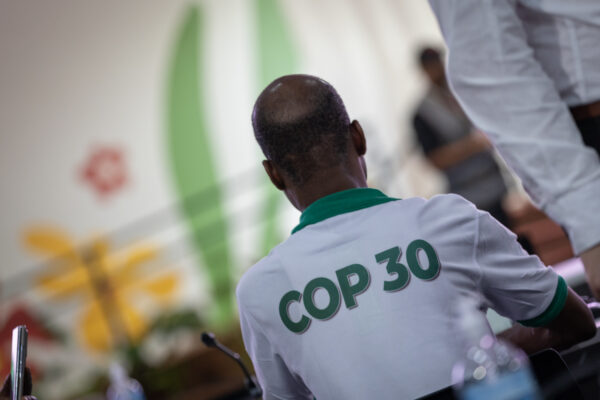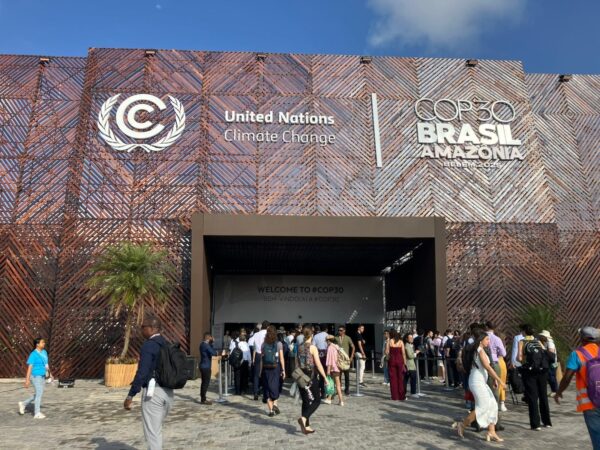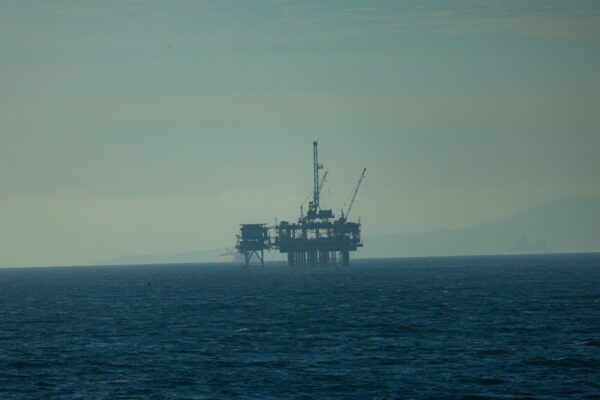Climate Risk Dashboard update: glacier retreat, biodiversity loss and impacts of heat stress on cities
Explore a wider range of impacts from climate change – including the impacts of heat stress on people – to learn how the climate crisis might affect you.
Share

We’ve added new country, regional and city level data to the Climate Risk Dashboard. Now users can explore the impact of climate change on glaciers, biodiversity and on the impacts of heat stress on people in urban areas.
The dashboard is an interactive online tool that allows you to compare climate impacts over different timeframes (from 2030, to 2050, to 2100), and in different scenarios i.e. what the world will look like if we implement current climate policies, compared with policies in line with limiting global mean temperatures to 1.5°C? The tool covers all countries in the world and around 140 cities.
For cities, you can now see data on labour productivity losses (lost working hours per year for intense, moderate or light activities from heat stress in cities), population exposure to heatwaves, how much air conditioning demand will rise in a city, and changes in the daily Heat Wave Magnitude Index.
Biodiversity data on the proportion of species at risk of local extinction is also now available for all countries in the tool. We’ve also added more data on fire risk, including the length of the fire season, the number of days with extreme fire weather and estimations of wildfire risk. Other new land-based measures include data on soil moisture content.
For all countries with glaciers, data on glacier area remaining, glacier volume remaining, and the thinning rate is now available.
The Climate Risk Dashboard is an output of the Horizon Europe funded PROVIDE project - a consortium of scientists and policy experts, working to develop new, faster ways to project climate impacts. The dashboard allows you to explore what impacts can still be avoided if we act swiftly today in line with the goals of the Paris Agreement. It also illustrates what impacts may be reversible (or not) under so-called overshoot scenarios - where emissions would temporarily overshoot 1.5°C - before declining below it again by 2100.
We are hosting a webinar on the updates on July 3, 15:00 CEST.











